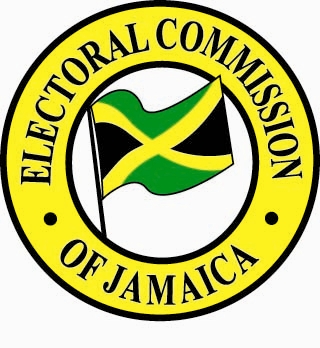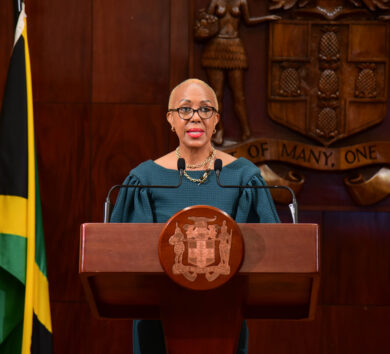

Renowned legal expert Michael Hylton has recommended an amendment to the Constitution to reform the power of the prime minister of Jamaica.
This follows an announcement by the Minister of Legal and Constitutional Affairs Marlene Malahoo Forte that the Constitutional Reform Committee (CRC) has signed off on the recommendations for proposed constitutional changes.
While speaking at an online meeting of the Rotary Club of St Andrew on Tuesday (April 30), Hylton curated a list of areas which he noted should be considered in the amendment of the Constitution.
“The front pages of both our morning newspapers today indicate a significant development. It appears, I understand yesterday, the co-chair of the Constitution Reform Committee, the Minister of Legal and Constitutional Affairs announced that the committee have completed phase one of its work and will be submitting its report to Cabinet,” he began.
“The minister did not indicate what the report will say, so unfortunately, we cannot discuss that this afternoon. I have to content myself with listing some of the things that in my view should be among the recommendations and you will see that most of my suggestions are with a view to reducing the power of the Prime Minister and this applies to any Prime Minister, which is one of my pet concerns. Too much power in the hands of one person,” Hylton said.

He highlighted the need for a fixed election date, noting that both local and general elections are at the discretion of the prime minister.
“Right now under our Constitution, the date on which the general election is held or for that matter the local government election is almost totally in the discretion of the prime minister, understandably prime ministers schedule general election dates for a time that is most politically advantageous. It seems to me that this is an undesirable situation. In the past, some Opposition leaders have promised that they will change this if elected and then have not done so when they are in office,” the attorney said.
The legal expert is also recommending that the Judicial Service Commission appoint the chief justice and the president of the Court of Appeal instead of the prime minister.
“In my view, this is fundamentally wrong, the appointment of these positions should not be in the hands of the political directorate or worse in the hands of one person. So that is a change in my view ought not to happen,” Hlyton explained.
He is also calling for a repeal of the dual citizenship provision.


Similarly, he is recommending that constitutional status be given to the Electoral Commission and the Integrity Commission.
“Equally, if not more important is the status of these two commissions. The Electoral Commission and the Integrity Commission, there is a general agreement that these are critical institutions that they play a key role in our democracy. There is even more agreement in relation to the Electoral Commission that this commission has served as a model in other jurisdictions as to a better way to manage one electoral process. The difficulty is that those bodies exist and are governed by ordinary legislation, and which means that the parting Government can change their terms, can change their structures or even repeal them or do away with their structures. The only way to do this is to give them constitutional status on an entrenched basis. That is something that has been recommended from time to time before and has not been done. I frankly don’t recall what are the various positions by the leading parties and believe this ought to be done,” Hylton noted.
Other recommendations include implementing term limits for Prime Ministers, having direct elections for executive presidents and a fixed retirement date for the Director of Public Prosecutions with no power to extend.
Hylton said there has been no consensus on the issues and it is highly likely that they will not be implemented in the short term.







Comments